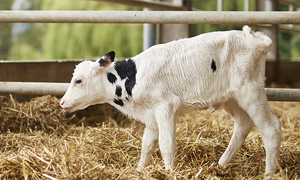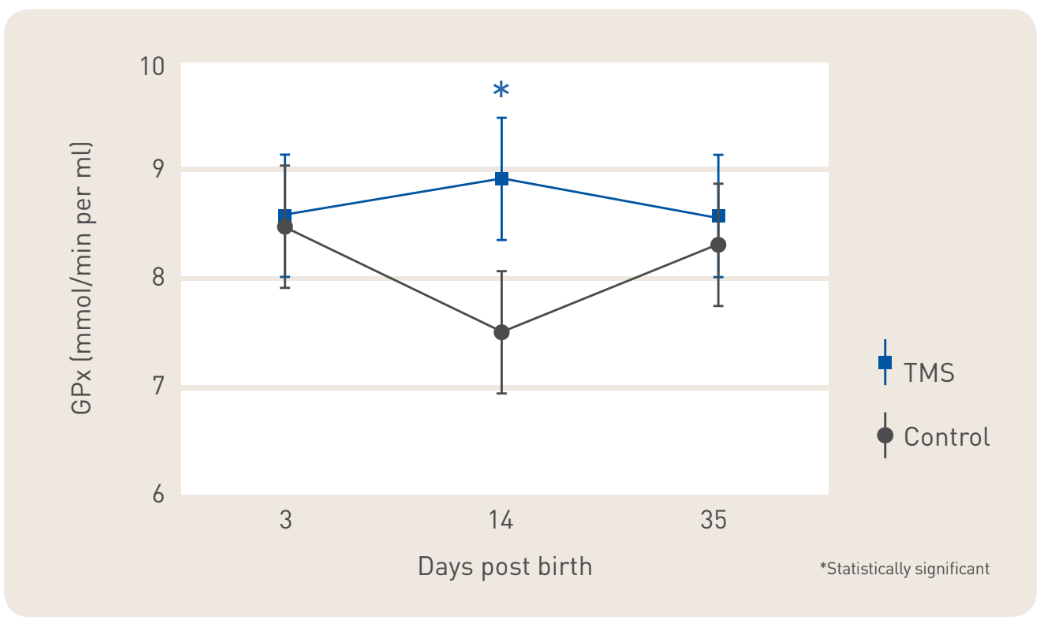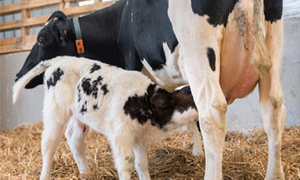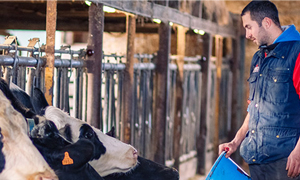Oxidative Stress : Its Effect on Calves and Weanlings

Calf diseases of significant importance (diarrhoea, perinatal mortality and vaccine failure) were all linked to inadequate transfer (and hence status) of copper, selenium and zinc in both French beef and dairy calves 1. Also, cow’s milk is an exceptionally poor source of trace minerals, hence this pre-birth loading of the liver 2. As calves grow, they will rapidly deplete their trace mineral stores3. Birth potentially induces oxidative stress in the new-born and studies show calves born via caesarean section are at greater risk of oxidative stress than those delivered normally4 .
Antioxidant supplementation for calves born by caesarean section may be considered useful to prevent oxidative stress related problems. Supplementing young calves can also improve neutrophil function and GPx (Glutathione peroxidase, a key antioxidant, please refer to the article on oxidative stress its effects on cattle and the role of trace minerals) activity in the first 2 weeks after birth and can reduce the incidence of pneumonia and diarrhoea 5 . See Fig 1.
Fig 1 The effect of trace mineral supplementation (TMS) on GPx levels (5)
Weaning stress and transportation has a negative effect on the immune system. This stress typically occurs when the animal is exposed to a variety of infectious agents as a result of transportation and handling. Sub-clinical diseases may appear even while trace elements are fed according to the National Research Council (NRC) requirements, if concomitant negative factors, e.g. stress, exist6 . After weaning, calves enter unfamiliar environments and groups, one result of this is that significant proportions of them tend not to eat, depriving their immune systems of the trace minerals needed to prevent oxidative stress and mount effective immune responses.
Calves fed nutritionally adequate diets might have adequate mineral balance, however after being stressed and due to poor body mineral stores, these calves could become sub-clinically deficient. With the rise of the stress hormone ACTH, which comes with periods of fasting and starvation there is muscle catabolism. This leads to amino acid binding trace minerals as they are filtered through the kidneys further exacerbating the depletion7 .
Thus, the use of an injectable trace mineral supplement in advance of stressful periods like weaning, transportation or housing can help reduce the variability in trace mineral levels observed in most cattle given free choice mineral intake and help to combat oxidative stress.



